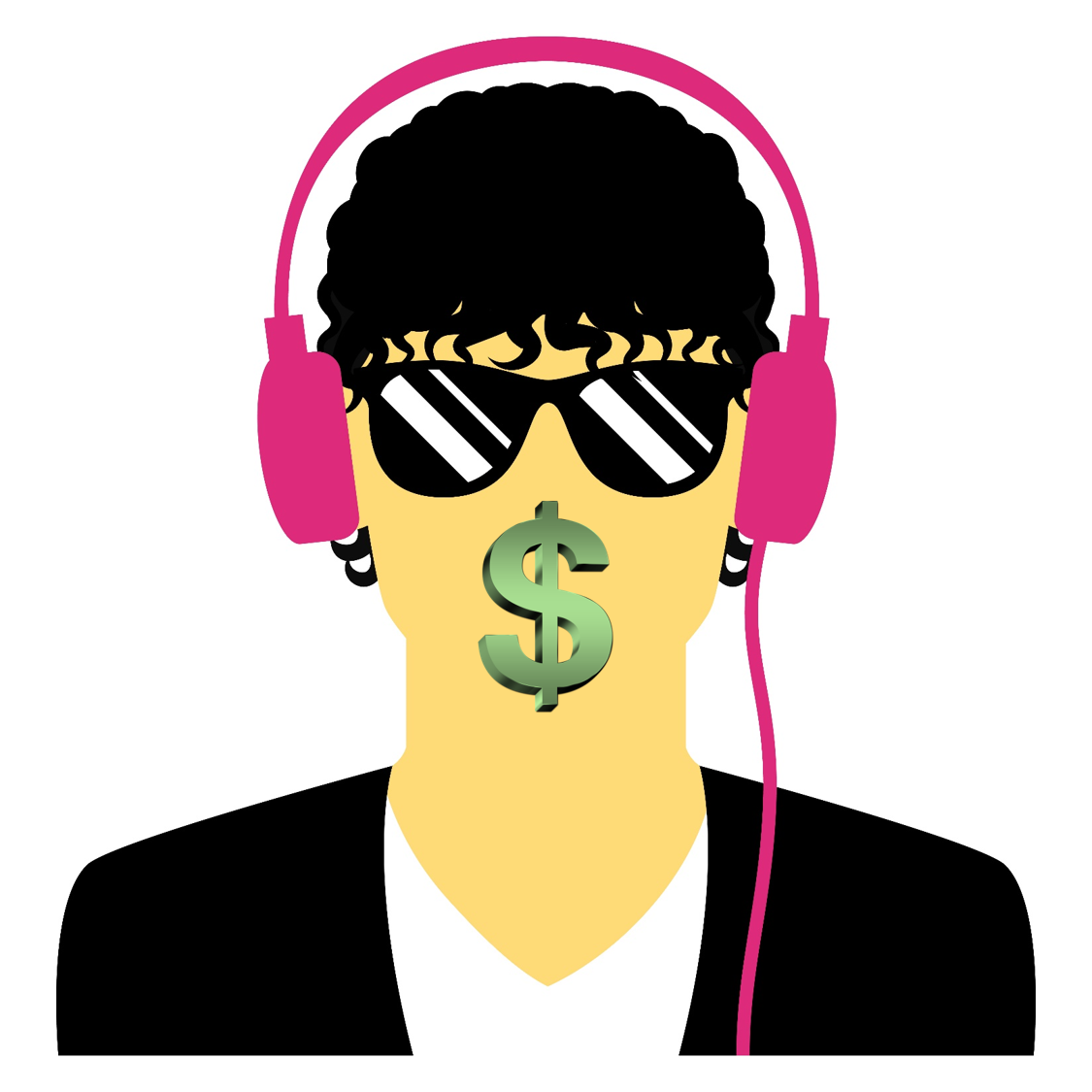
Welcome to another edition of #Throwback Thursday. For this feature, I’ve been going back to the same month but from another year. This post is a recent one, first published in September 2020. And it was one of my favorites from that tumultuous year where the world turned upside-down. And so did the radio industry.
In the crosshairs of this post is radio talent – their role, their value, and their impact, especially during “crunch time.” During that first fall of COVID where the pandemic not only didn’t end – it got a second wind – radio broadcasters learned about the actual value of live and local. At the same time, the industry’s finances were in the direst of straits, making it difficult for operators to maintain a level of service in a business environment on its knees.
In reading through the post, many of the names have changed jobs or left the companies they were working for in 2020. But the “pre-existing conditions” I wrote about three years ago are very much relevant today. Radio needs to understand the business it’s in and what separates it from its digital audio challengers.
The radio industry was in the midst of a transformative period when this post was written 36 months ago.
The more things change… – FJ
September 2020
One of the interesting things about a blog that isn’t “geo-fenced” – that reaches people interested in radio around the world – is hearing from different countries and alternative approaches to what American radio is doing. While most JacoBLOG readers are here in the U.S., I’ve noticed a growing number hail from cities and regions around the globe.
I swear – this post was essentially written several days ago. But as the world is spinning these days – seemingly out of control at times – what seemed like a pretty good blog topic – the power of personalities and live reads – has become muddled by the recent radio news headlines.
I should have known something was up when our post yesterday about the Orlando Magic cutting its radio team resonated with so many in the business, and not just people who make their living behind the mic.
In case you missed it, the NBA franchise recently announced its “radio” play-by-play coverage for the 2020-21 season will be covered by the FOX Sports Florida TV team. Yup, simulcast television audio for broadcast radio listeners.
The Magic cut its veteran radio team like they were a bunch of rookies that couldn’t shoot free throws, except in reality, they had decades of experience broadcasting games going all the way back to the days when Shaquille O’Neal was slam dunking himself to fame on behalf of the Magic.
As many of you commented throughout the day, these cost-cutting measures don’t just disappoint English and Spanish-speaking fans (the team provided a Spanish language broadcast for the growing numbers of Latinos moving into Central Florida), it leaves money on the table in the form of endorsements and other revenue opportunities.
The impetus for today’s post was two recent stories in Inside Radio. The first was about a study bought and paid for by iHeartMedia whose purpose was to obviously prove once again the efficacy of radio. But not just its reach – its ability to influence listeners to buy products thanks to the trust level engendered by on-air talent.
The story? “Survey: Listeners Trust In Radio Has Grown While Social Media Trust Has Declined” looked at a new study by Engagement Labs. Many of you know their CEO, Ed Keller,  an industry expert in the impact of word of mouth.
an industry expert in the impact of word of mouth.
Not surprisingly, this research contained some heartening news for radio executives, especially in light of the trust gap experienced by social platforms like Facebook.
The stat that jumped out at me is that three-fourths (77%) of the radio listeners surveyed said they trust information they hear from their favorite on-air talent.
iHeart’s CMO, Gayle Troberman, concluded that broadcast radio’s “human-first approach to programming on more than 850 stations in over 160 markets” creates an optimal listening experience for both information and entertainment.
Exhibit 2 was an Inside Radio story about the power of testimonials – live reads – that have been around since the glory days when Ronald Reagan and Paul Harvey were on the airwaves.
“The Endorsement Ad, Call It ‘Social Audio,’ Is Having A Moment With Marketers,” examined the power of radio’s “influencers,” its trusted personalities.
They interviewed Marshall Williams, CEO of Ad Results Media, a company that makes its living on personality endorsement campaigns. Marshall is a persuasive fan of “live reads,” and participated on a Podcast Movement panel for our “Broadcasters Meet Podcasters” track a couple years back.
In the story, his opinions were once again echoed by iHeart’s Troberman who reminded readers that endorsement ads stand out as “one of the most powerful opportunities we have at iHeart.”
That’s little solace to the scores of newly departed Entercom talent who got the bad news yesterday. They will not be doing live reads for advertisers anytime soon.
This new round of cuts was apparently focused on the company’s Alternative and Country formats, both of which have benefited from testimonial ads from local DJ “influencers.”
There’s no reason to single out Entercom, because these so-called RIFs – Reductions in Force – have occurred at many, many companies across U.S. radio, even before we knew what the coronavirus was all about.
It’s just that once a new round of cutbacks starts, it seems to embolden other CEOs to apply the same tactics.
 But is there a strategy?
But is there a strategy?
On the one hand, radio executives point to COVID-19 as a moment when the listener-station bond has been strengthened by trusted local personalities. On the other hand – the countervailing force – is that the same pandemic has created the financial dire straits necessitating these “bad news days” for the industry, and so many of its on-air people.
Radio points to the power of its hometown DJs as being difference-makers. But the countervailing effect is how many have lost their pulpits, their positions of influence, their celebrity power as the layoffs, furloughs, and axings continue.
How can both things be true at the same time?
And that’s where the question has to be raised about whether radio broadcasters have effectively leveraged and optimized their on-air talent. Are they getting considerably higher rates in exchange for a DJ saying they’re driving the car, on the diet, or getting a mortgage?
Other audio platforms – from podcasts to satellite radio – have become increasingly focused on the power of the celebrity host, whether it’s Joe Rogan, Howard Stern, or Michelle Obama.
Talk to anyone in podcasting and they’ll emphatically tell you about the continued effectiveness of live reads, celebrity endorsements, and testimonials – so much so that they command a considerably heftier rate because of the direct participation of talent.
Broadcast executives will remind me that many of the people working on the air in American radio – including those who became unemployed yesterday – aren’t in the same league with some of the aforementioned celebrity – when it comes to fame, notoriety, or talent.
But on the local level – the hometown turf where U.S. radio will win or lose – these personalities have value that go well beyond their ability to execute two crisp breaks an hour, and follow the format.
And if they’re lagging or aren’t effectively working on behalf of advertisers, let’s train them and sharpen their skills. All the evidence points to the power of live reads, so why not work to create deeper benches of local celebrity influencers who can bring value to the bottom line?
We are most assuredly living in “transformative” times. The T-word is oft-cited to explain why radio must evolve, while cutting expenses, during this cruel year when outside forces – COVID and its sweeping effects – have taken their toll, and will continue to do so for the foreseeable future.
What is the ROI on radio talent at this moment in time?
That may be one of the central questions facing radio broadcasting leadership this year – and beyond.
Beside their ability to keep audience’s tuned in while delivering results for advertisers, what role do local DJs, shows, and hosts play in this new scheme of things?
That’s a question that will be asked again and again. As we’re learning from our current health and economic crises, it will very likely come down to leadership – the right people at the top making the best possible decisions that will impact careers – and lives.
There are many countervailing forces in America these days as we try to unravel the true value of a college education, face-to-face meetings, the power of protest, and the politic of a country caught up in tribal extremes exacerbated by a pandemic.
In radio, we’re facing some of those same issues, often appearing to be at cross-purposes with each other.
We’d better figure it out.
- Media And Technology In 2025: Believe It Or Not! - April 18, 2025
- In Radio, You Just Never Know - April 17, 2025
- The Secret To Making A Great Podcast (And Great Radio) - April 16, 2025





Leave a Reply